C1 - Global competencies for the pharmacy profession
Organised by the FIP Programme Committee
Chairs
Don Mager (University at Buffalo, USA) and Toyin Tofade (Howard University, USA)Introduction
This session will focus on different aspects of competencies that pharmacists have to achieve according to the FIP Global Competency Framework. It will describe not only the competency-based education and training of pharmacists that empowers them to advance pharmacy practice, but also best practices leading to improved health and well-being of patients. By fully engaging with patients, pharmacists empower them to take control of their own health and together with the patient and their other healthcare providers work as a team to improve the lives of patients. Examples of best achievements in practice, education and training and measuring health outcomes from pharmacist patient care services will provide practical take-home tips for attendees to advance pharmacy practice and improve health outcomes in their home communities.
Programme
14:30 – 14:40
Introduction by the chairs
14:40 – 15:15
- FIP Global Competency Framework — Profile of pharmacy profession
Dalia Bajis (The University of Sydney, Australia)
15:15 – 15:50
2. Key players in different settings of pharmacy
Mark Timoney (Department of Health, UK)
15:50 – 16:10 Coffee/tea break
16:10 – 16:40
- How to achieve the outcomes? Evaluation in a real-life setting
Hilde Ariansen (Apotekerforeningen, Norway)
16:40 – 17:10
- Innovation and education for competency development
Magaly Rodriguez de Bittner (University of Maryland, USA)
17:10 – 17:25
- Panel discussion: Where to start?
17:25 – 17:30
Conclusion by the chairs
Learning Objectives
Learning objectives:
At the end of this session, participants will be able to:
- Identify the globally adapted competency framework in different settings of the pharmacy profession;
- Adopt the global tool in a local environment;
- Define how the pharmaco-economic approach can empower new services and projects in the pharmacy profession;
- List examples of best practice in educational innovations to achieve needed competencies.
Type of session: Knowledge-based
